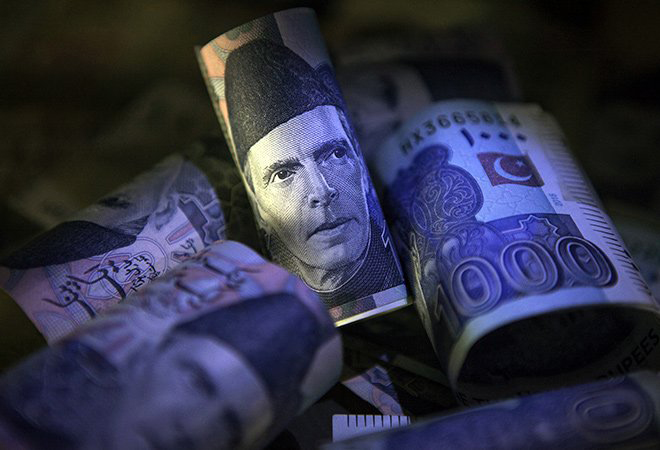Finance Minister Muhammad Aurangzeb on Saturday announced major revisions to the federal budget proposals for FY2025-26, including a lowered income tax rate for the salaried class and a scaled-down General Sales Tax (GST) on imported solar panels, in an apparent bid to address public criticism and placate lawmakers.
Speaking in the Senate during the ongoing budget debate, Aurangzeb stated that individuals earning between Rs600,000 and Rs1.2 million annually will now be taxed at a reduced rate of 1%, down from the earlier proposed 2.5%. This revised rate also marks a sharp decrease from the 5% imposed in the previous fiscal year, FY2024-25.
“This is the segment that endures inflation and pays taxes,” the minister acknowledged, noting that low- and middle-income salaried workers are the backbone of the economy. He described the tax relief as both a “practical and symbolic recognition” that the government seeks to avoid further burdening this group.
However, the salaried class and tax professionals have largely rejected the government’s claim of providing genuine relief, noting that the real income thresholds have not kept pace with inflation and that those in higher tax brackets continue to face bracket creep with limited deductions.
In addition to income tax relief, the finance minister confirmed that federal government employees will receive a 10% increase in salaries, while pensions have been raised by 7%. He reiterated that the current government has not introduced a mini-budget during the outgoing fiscal year and claimed to have maintained fiscal discipline, with federal expenditure rising by just 1.9% year-on-year.
One of the most controversial elements of the budget was the proposed imposition of 18% GST on imported solar panels — a measure initially justified by the government as necessary to protect local industry and encourage domestic investment in solar technology.
Facing backlash from industry stakeholders and members of both houses of Parliament, the government has now reduced the proposed GST to 10%. Furthermore, the reduced GST will only apply to 46% of imported components, according to the finance minister.
“With this measure, the price of solar panels will increase by 4.6%,” Aurangzeb said, implying that while some cost impact is expected, it will be significantly less than initially feared.
He also issued a stern warning against profiteering and hoarding by solar panel distributors. “It is condemnable that opportunistic actors have artificially increased prices even before the measure has come into effect,” Aurangzeb said, adding that legal action will be taken against those found guilty.
The move to cut GST follows reports of stockpiling and unjustified retail price hikes across markets, particularly in major cities like Lahore and Karachi, where demand for solar solutions continues to rise amid high electricity tariffs and frequent outages.
While the rollback has temporarily eased public anger, concerns remain over the broader taxation structure on renewable energy inputs and the government’s long-term commitment to clean energy adoption.
The Senate session continues as the finance bill undergoes final scrutiny before parliamentary approval.























